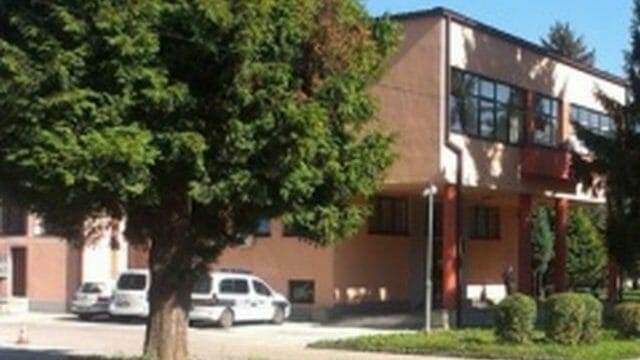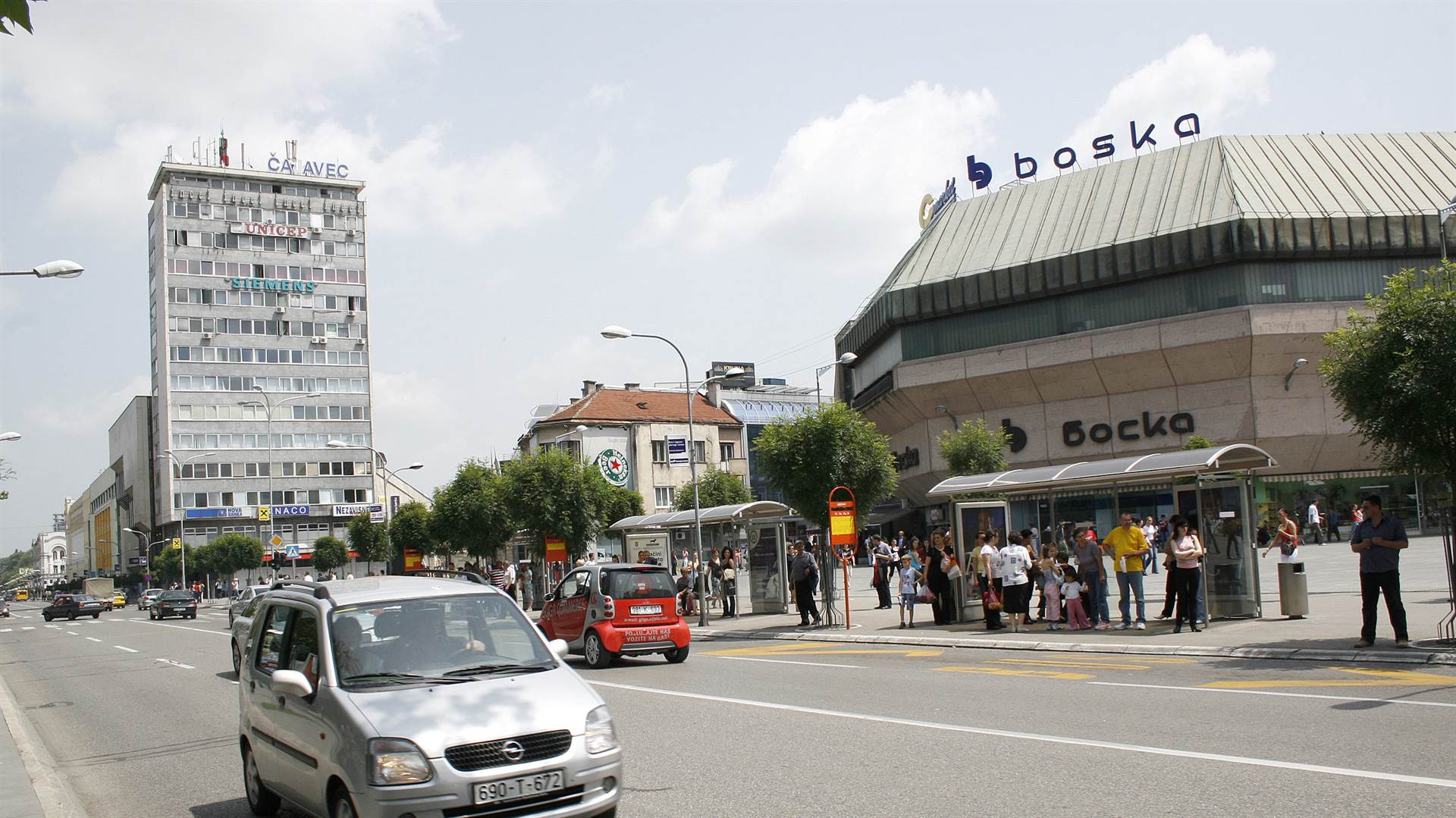This post is also available in: Bosnian
The verdict passed down by the Municipal Court is still not legally-binding, considering the fact that the RS Attorney’s Office has the right to file an appeal with the Cantonal Court in Sarajevo within the next 30 days.
Senida Karovic, President of the Association of Civil Victims of War in Sarajevo Canton, says that this verdict is very important for the families, who lost their dearest ones, because it represents a moral satisfaction and proves that justice does exist.
The families are happy, because one small part of justice has been fulfilled. Nothing can bring their family members back. No money or papers can do it. However, it is important that they have won the case and that the verdict says that Republika Srpska is responsible for what happened to them and their family members, who were killed during the 1992-95 war, Karovic says, adding that she is one of the 3,000 civil victims of war, who have filed suits, requesting compensation for non-material damage.
In 1993 Karovic lost a part of her leg, which was cut off above her knee. She is aware of the fact that nothing can bring her leg back, but she says that she finds it very important to win the case, because it would show her that justice does exist.
Attorney Esad Haracic, who represents the families of killed civilians, points out that moral satisfaction for the victims is the most significant thing accomplished by this verdict.
The compensation value is determined according to criteria set by the Supreme Court of the Federation of Bosnia and Herzegovina. (…) I am not saying that the amounts established under the verdict are fair and sufficient, but they bring satisfaction to people, who lost their family members. The amounts range from seven to 20,000 KM, depending on the level of kinship with victims. ( ) In this case we are talking about close kin, or parents, children, brothers and sisters, Haracic said.
He explained that, during the course of the trial they proved the time and place of death and relationship with victims, but not the generally-known facts.
It is generally known who kept Sarajevo under siege. It was the Republika Srpska Army. Citizens of Sarajevo were killed and wounded by grenades or sniper bullets. Republika Srpska has the full responsibility, because all the persons worked within the frame of their military duties, as members of VRS. We have verdicts against generals for those crimes. The legal responsibility is clear and unambiguous in this case, Haracic said.
The Hague Tribunal has sentenced Stanislav Galic to life imprisonment and Dragomir Milosevic to 29 years for crimes in the Sarajevo area. Under those verdicts, it was determined that Galic and Milosevic led a shelling and sniping campaign in Sarajevo, with the primary goal of spreading terror among the local population.
A first instance verdict has also been pronounced against Momcilo Perisic, former Chief of the General Headquarters of the Yugoslav Army, sentencing him to 27 years in prison, among other things, for executing a campaign, consisting of artillery and mine-thrower shelling and sniping in Sarajevo.
Unlike the civil victims of war, who have just won the first case against Republika Srpska, the Municipal Court in Sarajevo has pronounced about 20 verdicts in favour of former detainees.
The Municipal Court in Sarajevo has pronounced about 20 verdicts in favour of detainees, who were held on the territory of Republika Srpska, and those who were killed in that area. An appellate procedure is underway at present. The RS Attorney’s Office filed an appeal against the verdict instance verdict. We are now waiting for the Court to schedule hearing, says Murat Tahirovic, President of the Association of Detainees of Bosnia and Herzegovina.
Tahirovic said that the Association filed the first suits with various courts in Bosnia and Herzegovina in late 2006, adding that around 17,000 individual and joint suits have been filed up to the present date.
According to Tahirovic, compensation arising from one second instance verdict has already been paid by Republika Srpska, while two more claims are being processed at present.
The stand of the Supreme Court of the Federation of Bosnia and Herzegovina that all victims should have equal rights is very important. At the same time, it gives a signal to lower courts to harmonise their practices. The harmonisation of practices has led to the quicker processing of cases, so a large number of verdicts have been pronounced. Now, we are facing another problem how to get the compensation claims paid, Tahirovic said.
The verdicts do not represent material compensation only, but, according to Tahirovic, they establish who is responsible and for what in Bosnia and Herzegovina.
Mirsada Grbo, mother of Edin Skrijelj, who was held in a detention camp for 22 months, is awaiting a verdict by the Municipal Court in Sarajevo.
Those were hard times and I had to go through them on my own. You can only imagine how he felt, as he had to be under the control by murderers for 22 months. Even if they gave me all the money in the world, it would still not be enough to pay for the disgrace and terror to which they were subjected in detention camps. These verdicts can be considered satisfaction, as we can see that the crimes have been sanctioned after all, Grbo said, adding that her son was 19 years old at the time.
- Cantonal Court in Sarajevo
- Case: Perisic Momcilo
- City: Sarajevo
- International Criminal Tribunal for the Former Yugoslavia (ICTY)
- Person: Galic Stanislav
- Person: Milosevic Dragomir
- Person: Perisic Momcilo
- Person: Tahirovic Murat
- Reparations to Victims of Torture
- Supreme Court of Federation Bosnia and Herzegovina



